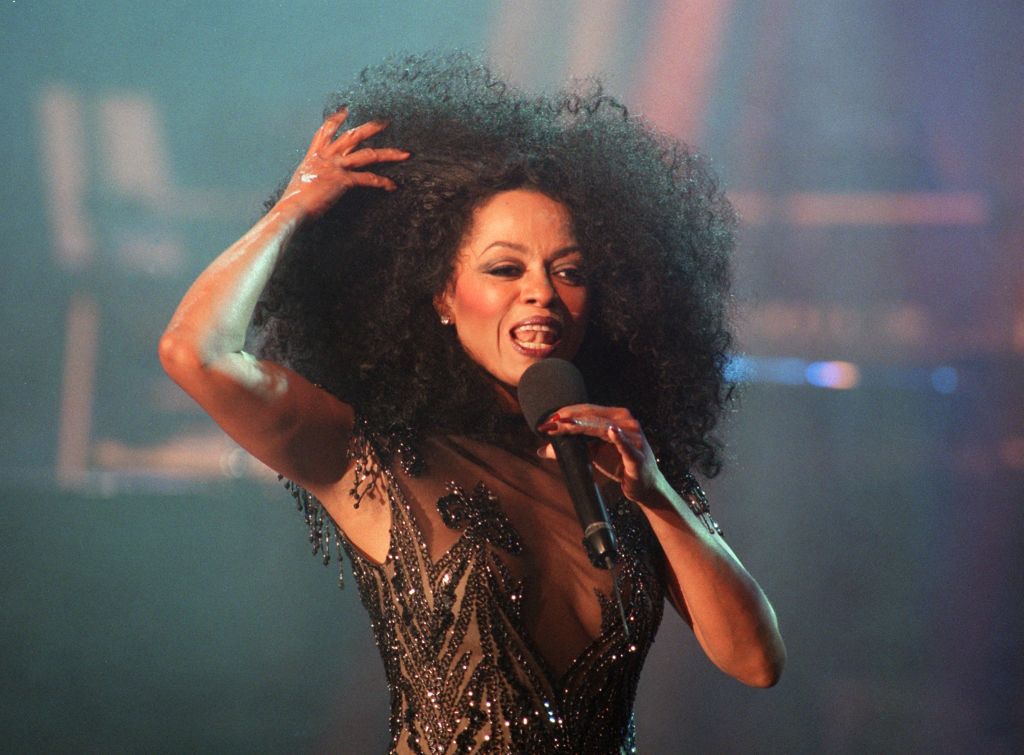
Source: picture alliance / Getty
Today is the last day in Pride Month, so it’s only fitting that we share a little history concerning the LGBTQ+ community.
Anyone who has heard Diana Ross’ “I’m Coming Out,” knows that it was in reference to queer people making public declarations or private reconciliations about their sexuality or gender identity.
And while Ross is not a part of the community—as far as we know—as a heterosexual, cisgender Black woman she still faced some backlash for recording and eventually releasing the song.
Recently, during an interview with Yahoo Music, songwriter and producer Nile Rodgers, who was responsible for creating the song, said that Ross, who has become an icon in the LGBTQ+ community, would suffer career ruin if she allowed the song to come out.
Rodgers said, “We never delved into the meaning or why we wrote it — until played it for Frankie Crocker, who had now become the No. 1 radio personality in the world. She left our studio floating on air, she just loved her album, but when she played it for Frankie, it was not a good experience. He told her it would ruin her career.”
Rodgers said he was inspired to write the song after visiting a nightclub where he saw drag queens dressed as Ross. He realized the singer had a huge fan base and felt the song could further ingratiate her to that audience.
“So, right near Studio 54, there was a string of clubs … and there were two clubs in that area that were very, very, very popular trans clubs. One was called the Gilded Grape. Typically, I would go club-hopping around there, and the Gilded Grape on Eighth Avenue was totally hot. One night there I went into the bathroom, and on either side of me, there were at least — I always try and make it sound plausible, because people don’t believe how many Diana Ross impersonators were hidden there that night, so let’s just make it sound believable and say there were only maybe three or four deep on either side. Let’s say, like, six to eight. So there I was, in the bathroom, surrounded by Diana Ross impersonators.
I looked around me and I was so excited. I wanted to yell to these people, “Hey, you won’t believe it, but I’m producing Diana Ross!” But nobody would have believed me. So I couldn’t even get excited. But what I did get was motivated. I had an idea. A light bulb went off, and I thought, ‘Wait a minute. If I write a song for Diana Ross and talk about a disenfranchised part of her fan base and sort of make it for them, this would be an important record…No one thinks of Diana Ross necessarily on the frontlines of this, but (the gay) community and her (gay) fans love her and idolize her. Let’s write this song for them!”
But after the meeting with Crocker, Ross, who had not been privy to the song’s meaning, was “heartbroken.”
“Of course, what’s really cool about Diana is that even when she’s pissed off, she’s still elegant. But she comes back and she says, why are you trying to ruin my career?”
That could not have been further from the truth.
“And we said, ‘Diana, come on now. If we really ruin your career, we’re ruining our career! You’re already Diana Ross. We’re just starting out. Why would we want to go down in history as the guys who ruined Diana Ross’s career? Do you think anyone’s ever going to work with us again?'”
Crocker believed the songs on her album Diana were so personal that her audience might believe the song was autobiographical.
Rodgers said, “Diana is definitely not homophobic, that’s for sure. She is one of the coolest people you could ever meet. It was just that she now thought that we were saying that she was coming out.”
In order to release the song, Rodgers had to, for the first and only time, according to him, lie to an artist. He told Ross that the song would be a way for her to begin her shows. It was a coming out song as an entrance for her as an artist. And his prediction turned out to be right.
He told her, “This is going to be the song that you come out to every night.” Well, have you ever seen a Diana Ross show in the last 35, 40 years? That’s what she does! Her concerts always start with “I’m Coming Out.”
Despite the warnings, Rodgers released the song and it immediately skyrocketed to a top five spot on the charts.
Crocker himself played the record “like crazy.” 40 years later, it’s still a staple for the LGBTQ+ community.









